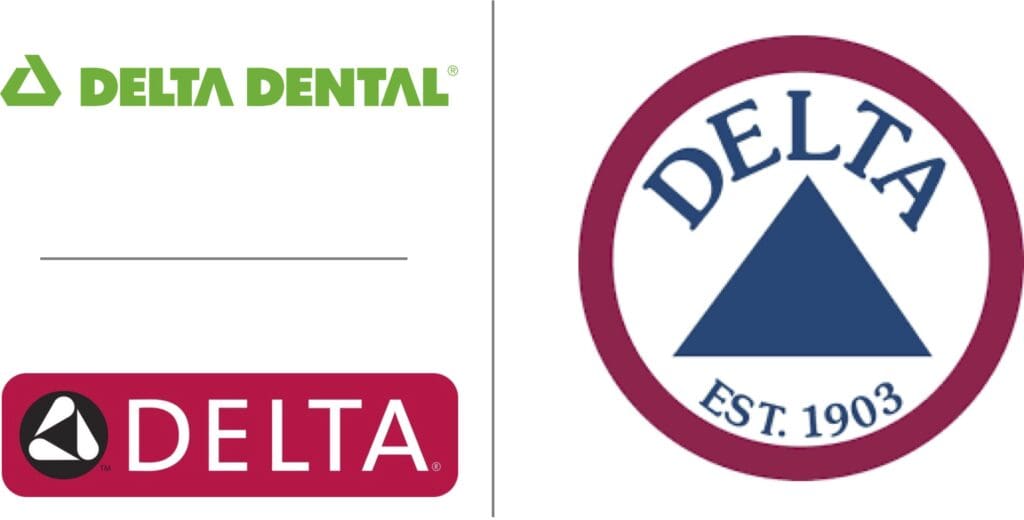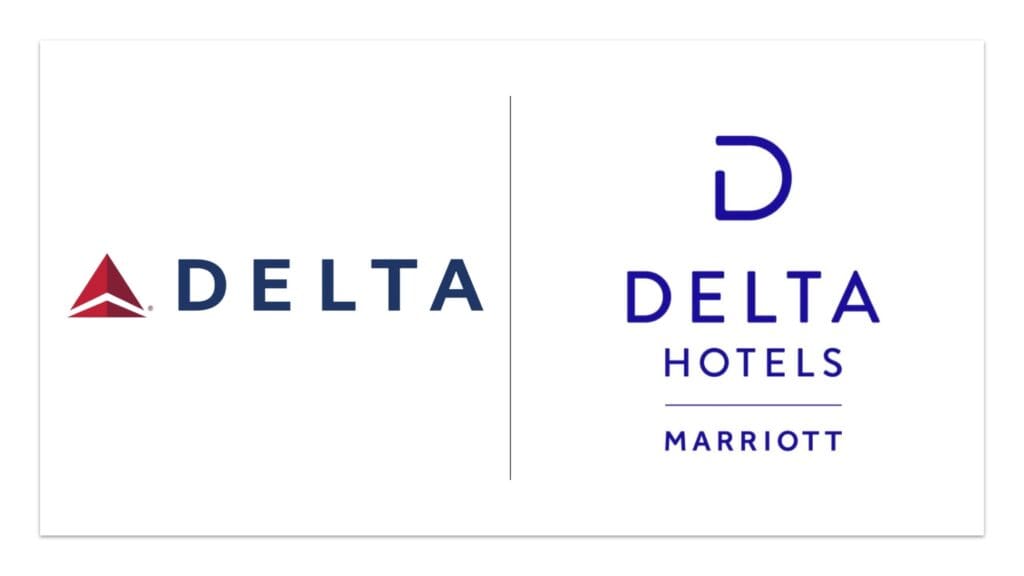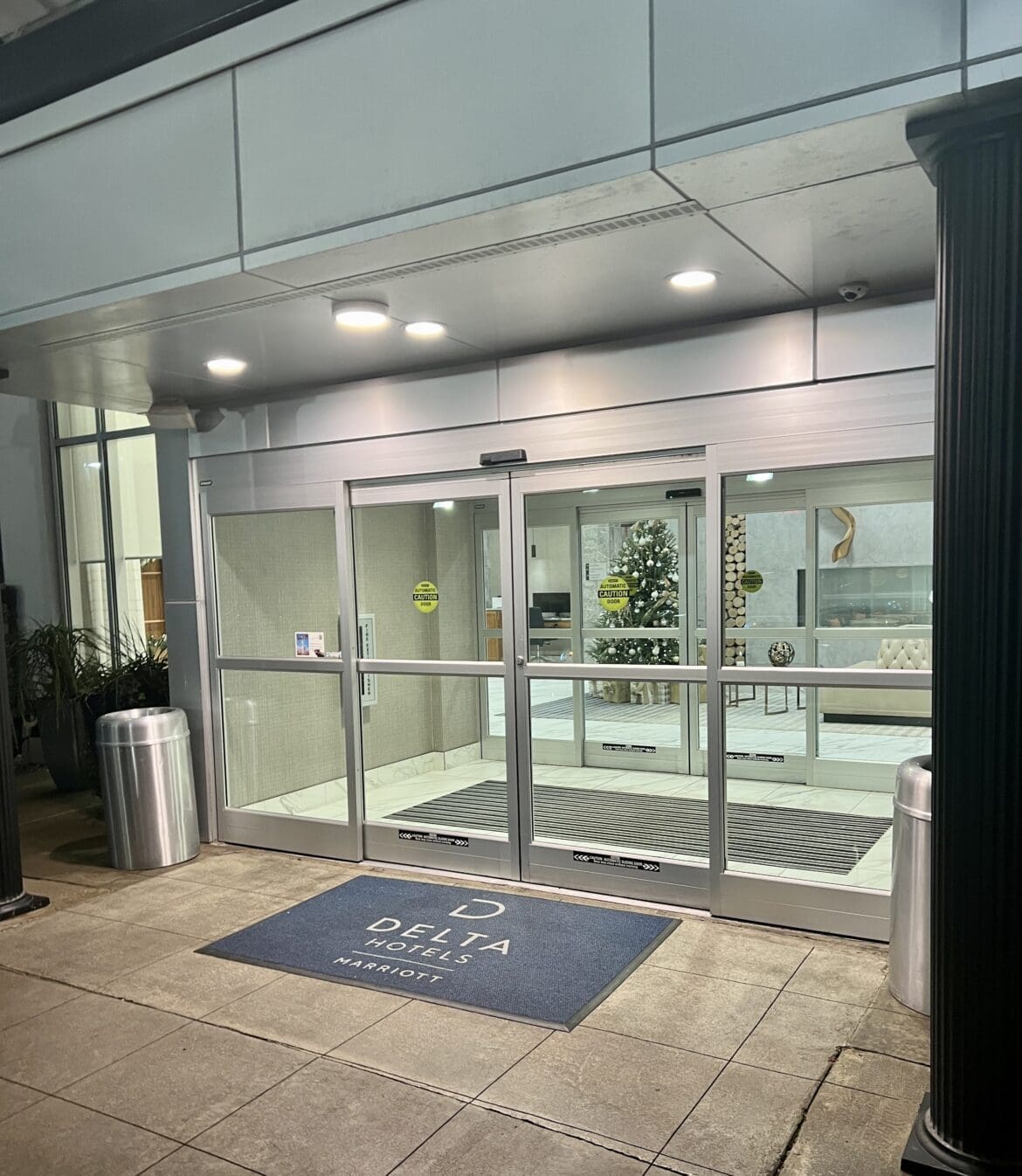Advertiser & Editorial Disclosure: The Bulkhead Seat earns an affiliate commission for anyone approved through the links below. This compensation may impact how and where links appear on this site. We work to provide the best publicly available offers to our readers. We frequently update them, but this site does not include all available offers. Opinions, reviews, analyses & recommendations are the author’s alone, and have not been reviewed, endorsed, or approved by any of these entities.
A long-brewing trademark dispute between Delta Air Lines and Marriott International has reached the courtroom. The airline accuses the hotel giant of infringing on its brand through the Delta Hotels by Marriott name. The case (filed in 2020) is now underway in federal court in Atlanta. It centers on allegations that Marriott attempted to “hijack” the airline’s brand identity and goodwill when it purchased and expanded the Canadian hotel chain.

The name “Delta” can be found in a company that makes faucets (Delta Faucet), another that makes clothing (Delta Apparel), and the insurance company (Delta Dental). These are all differentiated enough and unrelated to travel. But, the Delta Hotels brand logically seems like it might cause some issues. Delta Hotels was established in 1962 in Canada (decades before Marriott acquired it in 2015). Since then, Marriott has expanded the portfolio beyond its Canadian roots and grown its US footprint by positioning the brand within its mid-to-upscale hotel category. Delta Hotels by Marriott includes dozens of properties across North America including several that I have stayed at in New York City (review here), Basking Ridge, NJ (review here), and Raleigh Durham (review here).

User Generated Content Disclosure: The Bulkhead Seat encourages constructive discussions, comments, and questions. Responses are not provided by or commissioned by any bank advertisers. These responses have not been reviewed, approved, or endorsed by the bank advertiser. It is not the responsibility of the bank advertiser to respond to comments.
Advertiser & Editorial Disclosure: The Bulkhead Seat earns an affiliate commission for anyone approved through the links above This compensation may impact how and where links appear on this site. We work to provide the best publicly available offers to our readers. We frequently update them, but this site does not include all available offers. Opinions, reviews, analyses & recommendations are the author’s alone, and have not been reviewed, endorsed, or approved by any of these entities.

2 comments
There’s evidence of actual confusion from consumers. This is a pretty easy win for Delta airlines. Probably minimal damages, but Marriott will likely rebrand.
Delta (the airline) can’t rebrand into a different name, but Delta Hotels can easily change their name to one of Marriott’s 100 different brand names.